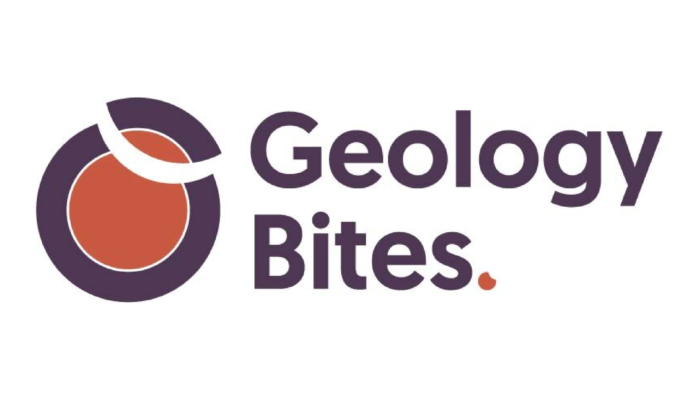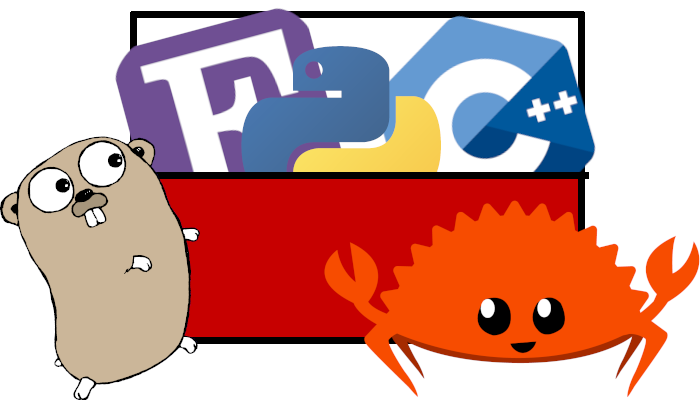After a year of being glued to screens, Matej can sadly only keep up with one tab at a time and asks with intense FOMO: What have I missed from vEGU 2021? Dear Matej, Oh, dear! This week has been truly intense, and I do not blame your Internet bandwidth for not keeping up with all the parallel discussions and science from vEGU. In fact, it turns out that on Monday the conference platform was taken ...[Read More]
Geology bites: In conversation with researchers
We are still in a lockdown and we can still use some entertainment for when we stare at the same four walls for hours on end or go on our daily walk. Fear not, dear reader, I have got just the thing for you in these troubling times: the new podcast Geology Bites hosted by Oliver Strimpel: www.geologybites.com. Don’t fret about the name, there’s plenty of geodynamics content as well. In ...[Read More]
The Sassy Scientist – Classic Conference
Maddie is in the final stretch of her PhD track. Whilst finalizing the last couple of figures and jotting down the last couple of paragraphs for her thesis, she checks the institutional web pages for job opportunities ferociously. Coming up blank, she mutters: How important is a social network for obtaining a future job in academia? Dear Maddie, It is absolutely paramount. You don’t seriously thin ...[Read More]
Expand your toolbox: Three new programming languages to try out
Geodynamists usually do at least a bit of programming, but in many cases a lot of programming, although that might just be my academic bubble. Most of that programming is done in programming languages that have been around at least since the 80’s (Fortran, C and C++) or early 90’s (Python). These programming languages have of course evolved considerably over time, but new languages keep popping up ...[Read More]




